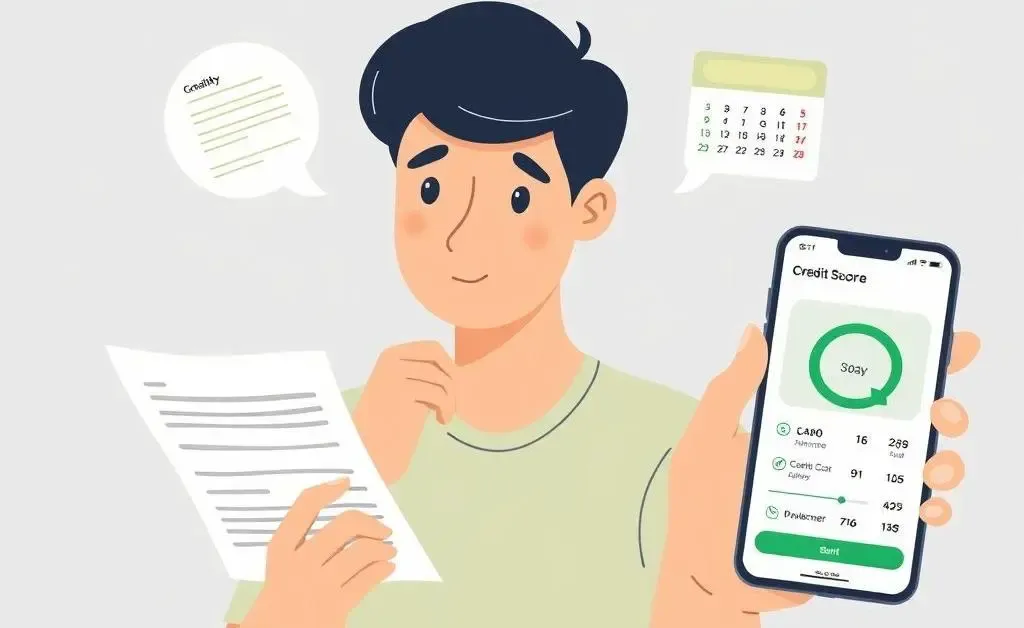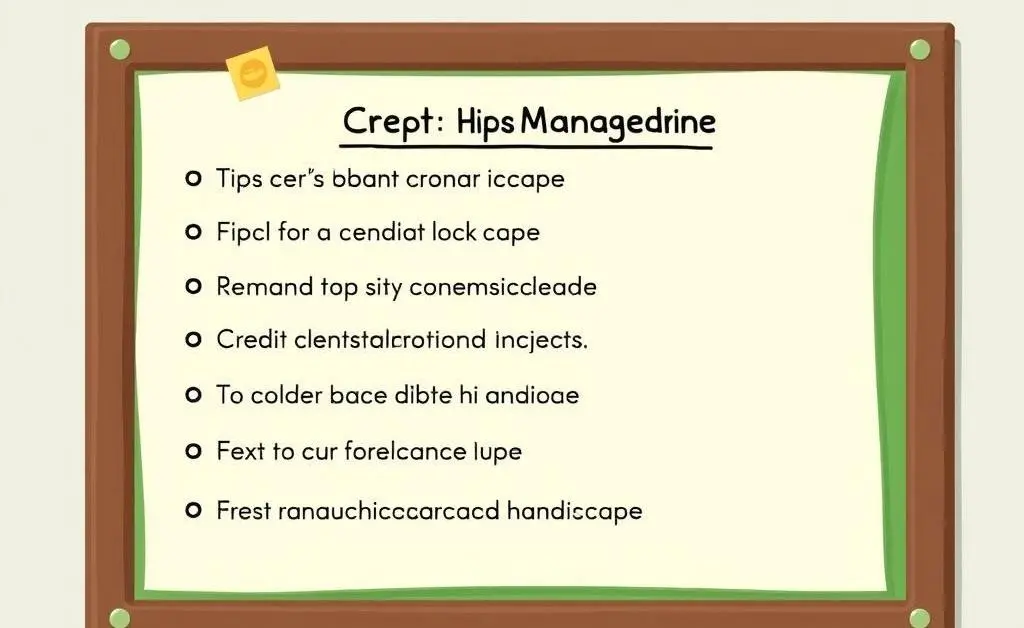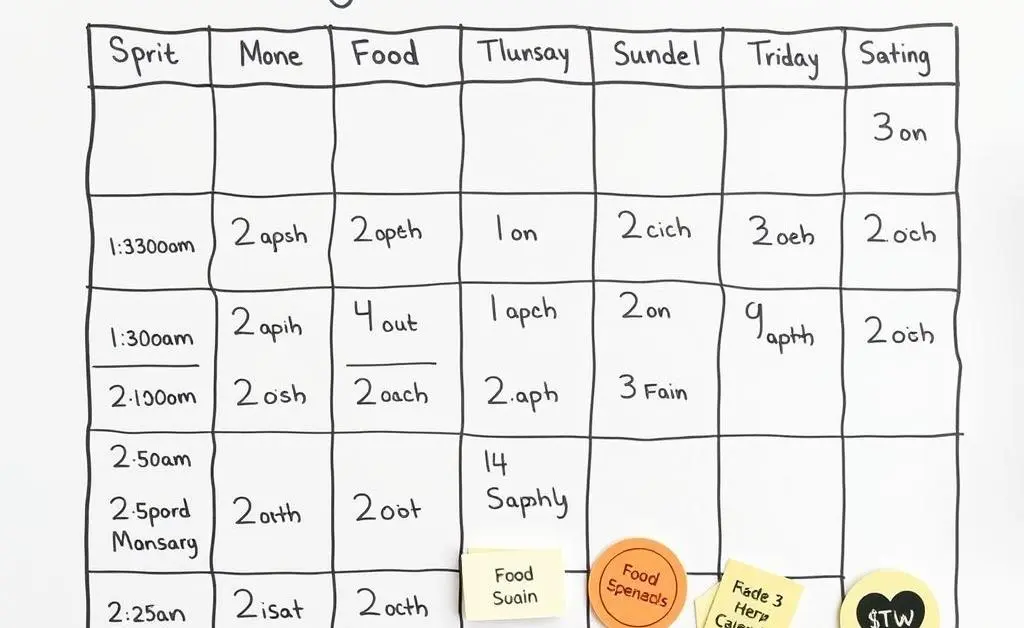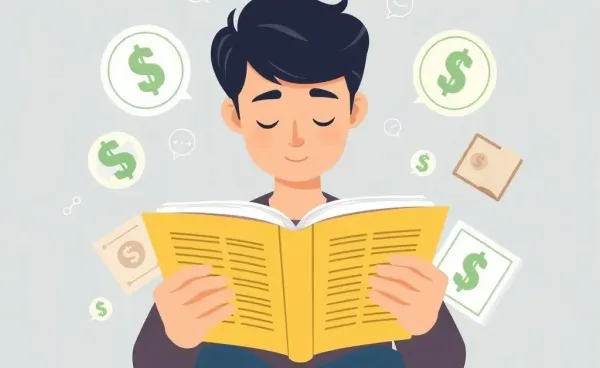How to Bounce Back from a Late Payment on Your Credit Card
Learn how to manage and recover from a late credit card payment effectively.

Have you ever felt that sinking feeling after realizing you've missed a credit card payment? You're not alone. It happens, and the important thing is knowing how to handle it so you can get back on track efficiently. In this article, I'll walk you through practical steps to recover from a late credit card payment and keep your credit score healthy.
Understanding the Impact of Late Payments
Your credit card payment was late—what now? Well, missing a payment can affect your credit score, but it’s not the end of the world. A payment is typically considered late if it’s 30 days past due, which is when it might be reported to the credit bureaus. Until then, you've got some wiggle room. Try to address it before it gets reported.

Step One: Make the Payment ASAP
As soon as you realize your payment is late, make it happen. Even if you can only make the minimum payment, it’s essential to get that out of the way. This prevents further late fees and additional damage to your credit report.
Step Two: Communicate with Your Lender
Never underestimate the power of a friendly chat. Reach out to your credit card issuer, explain the situation, and ask if they can waive the late fee. You’d be surprised how effective a polite request can be, especially if you’re generally a reliable customer.

Step Three: Set Up Automatic Payments
To prevent this stress in the future, consider setting up automatic payments for at least the minimum amount. Many banks offer this service, ensuring you’re never late on a payment again.
Building Back a Stronger Credit Profile
Now that you’ve handled the immediate concern, let’s talk recovery. A single late payment typically doesn’t spell long-term disaster, but it's crucial to keep the rest of your credit activity clean and consistent.
- Create a Budget: Stay on top of your expenses and avoid overspending.
- Monitor Your Credit Report: Use tools like Annual Credit Report to keep track of your credit health.
- Build Positive History: Make regular, timely payments the norm for your future.

Final Thoughts
No one loves dealing with late payments, but they do offer a chance to refine your financial habits. By taking proactive steps to address the issue and implementing safeguards against future lapses, you can recover gracefully and maintain strong financial health. Remember, it's about the journey toward a better financial future. Let's keep learning and growing together!




